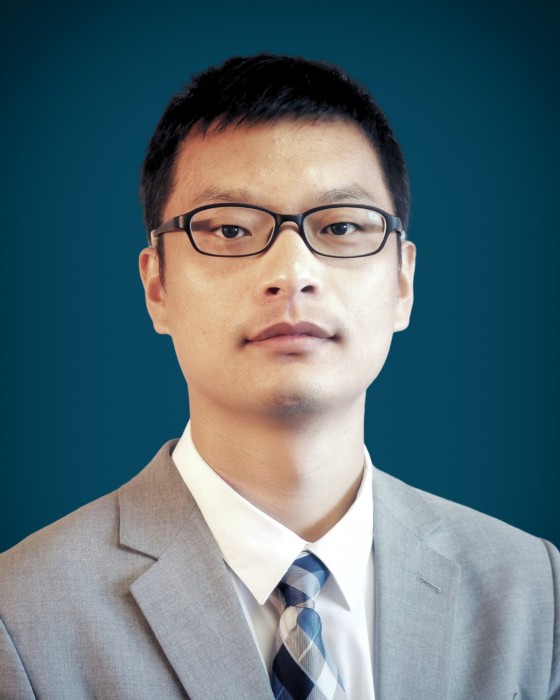About Mo Chen, PhD
Dr. Chen received his PhD degree in Biomedical Engineering. During the PhD program, Dr. Chen developed several rehabilitation medical device prototypes, including a patented hand function rehabilitation training robot system. After receiving his PhD, he joined the Brain Plasticity Laboratory at the University of Minnesota as a Postdoctoral Associate. During his Postdoc period, he received extensive neuromodulation related research trainings and participated in the NIH R21 and R01 studies investigating the pathophysiology of focal hand dystonia and spasmodic dysphonia. After his Postdoc training, Dr. Chen took a position to establish the Non-invasive Neuromodulation Laboratory at the University of Minnesota serving as the Scientist, and the Manager of the Lab. During this period, he established the lab which significantly facilitated the neuromodulation related research at UMN. He was also heavily involved in several neuromodulation research at UMN. After the mission of his role at the neuromodulation lab was accomplished, he took his current position at Gillette Children's serving as a Clinical Scientist in the Neuroscience Research Program where his is implementing his neuromodulation knowledge and techniques together with other treatmens to form novel intervention paradigms for children with cerebral palsy, spinal cord injuries or other neurological conditions.
- Cerebral Palsy
- Scoliosis
- Spinal Cord Injury
- Undergraduate Education:
- Zhejiang University, BS in Biomedical Engineering
- Graduate Degree:
- Zhejiang University, PhD in Biomedical Engineering
- AACPDM member
I combine neuromodulation techniques, including transcranial magnetic stimulation, transcranial direct current stimulation, paired associative stimulation and electrical stimulation, with other techniques, including neuroimaging, electromyogram, electroencephalogram, neuronavigation and robotic system, to form multimodal intervention for neurological conditions. This involves multidisciplinary background knowledge and collaborations with experts from different fields. Combining with existing conventional therapies, the interventions have the potential to form novel treatment protocols or innovative medical devices to benefit patient populations.
 Home Page
Home Page

